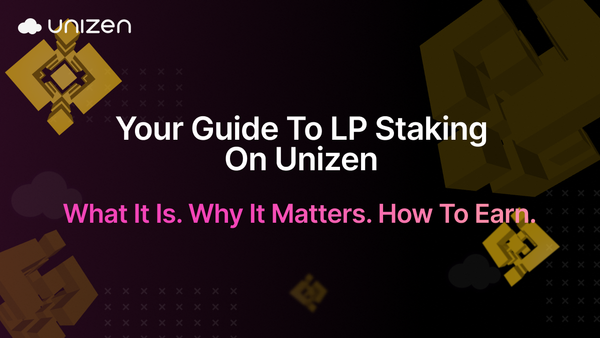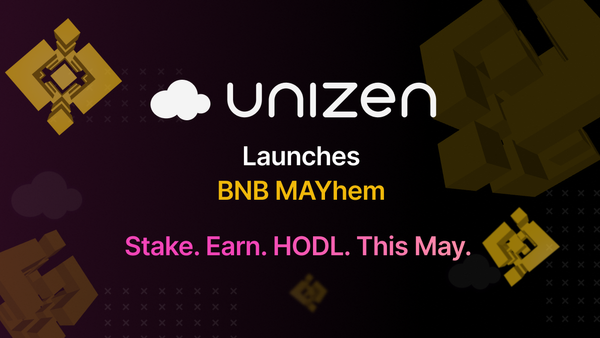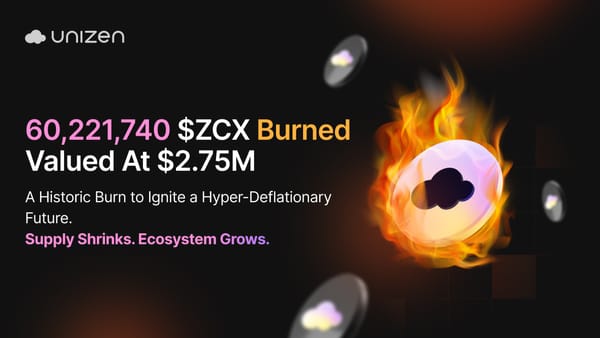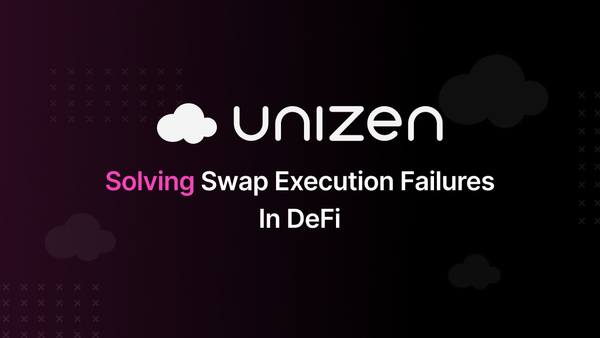A Comprehensive Guide to Getting Started As a Web 3 Developer in 2025
Become a skilled Web3 developer.
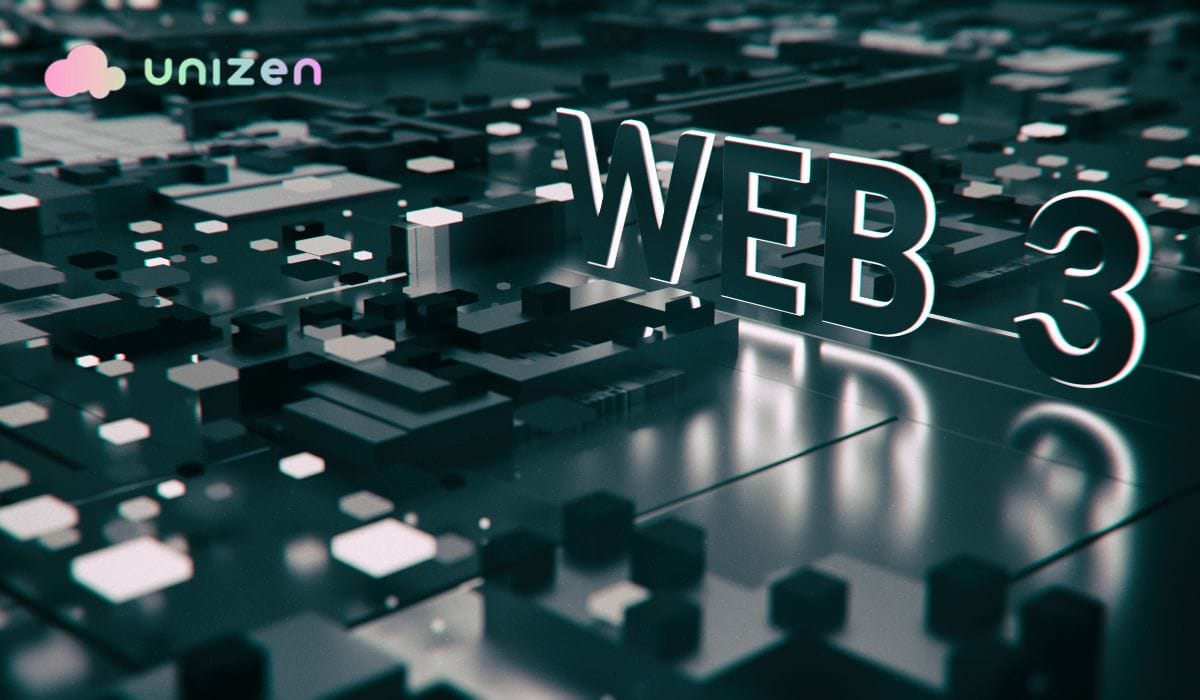
Since its spotlight in the early 1990s, the Web has become the centre of technological innovations where people can connect and share experiences. Through Web 2, content creators continue to thrive, and now Web 3 is paving the way for Web 3 developers, savvy crypto traders, and financial experts to explore careers in this field.
More often than not, the question ‘What is a Web3 developer?’ has grown immensely to be a popular question in the Web 3 space, with many curious about what they do, the readily available job offers, the salary expectations, the required skill set and how to become a full-blown web 3 developer.
Below is a detailed narrative that gives a breakdown of who Web 3 developers are and how to get started as one in 2025, irrespective of your background in blockchain systems. Let’s dive right in.
Web 3.0 Vs Web 2.0 Vs Web 1.0
Before we give details about what a Web 3 developer is, we need to explain what Web 3.0 is and how it distinguishes itself from Web 2.0 and Web 1.0.
In simple terms, Web 3 is the 3rd dimension of the World Wide Web (W.W.W.) that describes how next-generation internet users can have autonomy of their information, sensitive data, and transactions through blockchain, decentralized protocols, AI, and IoT.
Unlike Web 2.0 and Web 1.0, which evolve around connection and users' experience through social media applications (Wikipedia, YouTube, Facebook, Instagram, X), websites, images, and videos that create an atmosphere to share, and collaborate on content in real-time, Web 3.0 is heavily rooted in increasing trust between users that uses this means of communication.
Also known as the Semantic Web, Web 3.0 focuses on technologies like decentralized applications (dApps), smart contracts, blockchain and DeFi protocols, Non-fungible token projects, and cryptocurrency assets that solve centralization problems through secure networks.
The question “What is a Web3 developer?” circles around the core principles of the Web 3 space, which looks to tackle these dilemmas through user privacy, data decentralization, decentralized governance, and a transparent transaction in the blockchain ecosystem.
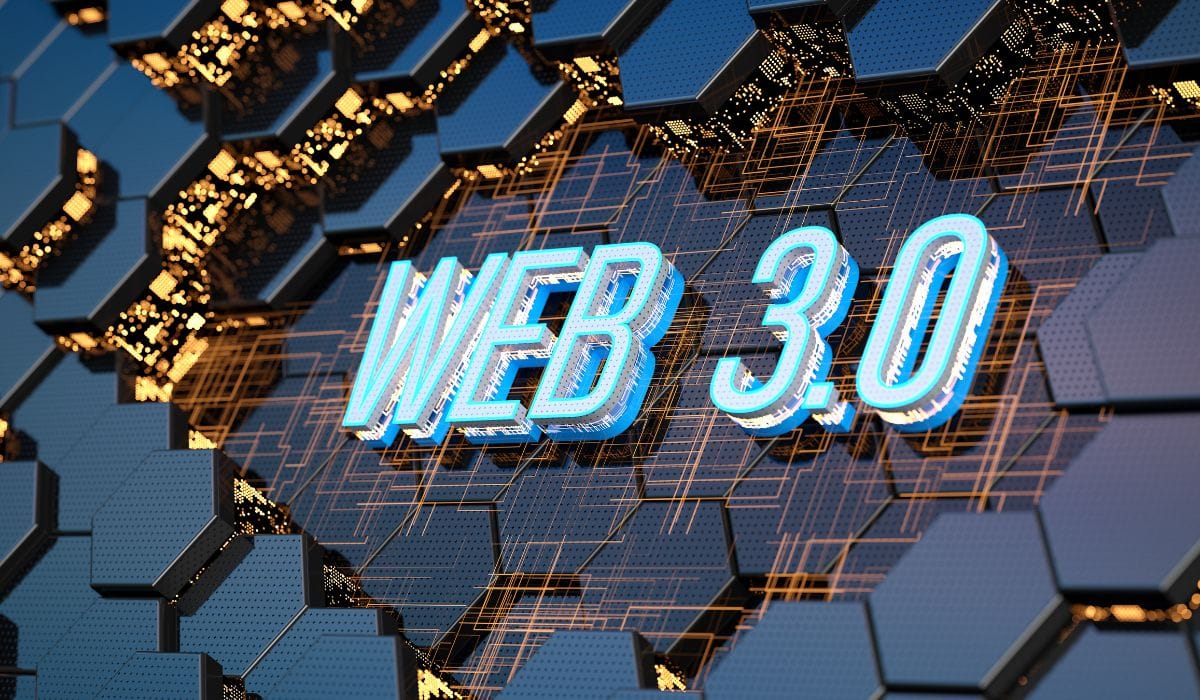
What is a Web3 Developer?
Web 3 developers are expert software developers who focus on building decentralized applications (dApps) through advanced blockchain technologies.
At its core, Web 3 developers have a solid understanding of how the Web 3 space works, and they depend on this expertise for smart contract development, cryptocurrency integrations, and smart contract algorithms that enable a more transparent and secure trading and online experience for users and savvy crypto traders.
Web 3 developers can also be identified as architects of a 3rd dimension digital landscape that allows users full control over sensitive information instead of readily accessing these data by companies and 3rd party intermediaries.
These developers are also well-versed with a broad range of tools and programming languages like Solidity, Web3.js, and Truffle to build Non-fungible tokens (NFTs), Decentralized Finance projects (DeFi), supply chain management solutions, and cryptocurrency assets.
Another knowledge Web 3 developers need to acquire besides blockchain technologies is cryptography and distributed systems, where they implement agile methodologies such as IPFS and OrbitDB to build decentralized systems.
Are the Skill Set of a Web 3 Developer in Demand in 2025?
As the world transitions into the digital landscape, several promising in-demand tech skills should be acquired, including being a Web 3 developer. Considering the evolution of Web 1.0 to Web 2.0 and now Web 3.0, these phases demand advanced technical skills.
These range from UX design, expertise in programming languages (JavaScript, NodeJS, and HTML/CSS), front-end development, and Data structures, among many others.
Although each Web 3 developer's trajectory to becoming an expert differs, below are more detailed reviews of these skill sets that are fundamental to making one thrive.
- Coding/Programming skills: Like any other developer, Web3 developers need to be proficient in programming languages, especially Solidity, C++, Rust, Python, and Golang.
The Ethereum blockchain is the most widely used blockchain for developing decentralized applications, and smart contracts are written on it using advanced programming languages, hence the demand for more Web 3 developers with Solidity expertise. - Front-end Web Development: In 2025, frontend web development skills are crucial for decentralized applications (dApps), and unlike the complexity of Web3's backend, users get first-hand experience with the UX interface, which calls for an interactive experience for new entrants
This ability entails developing responsive and user-friendly user interfaces that communicate with blockchain backends. In addition to knowing the ins and outs of Web3-specific UI/UX problems, developers need to be proficient with contemporary web development frameworks and tools.
Considering the importance of front-end development, the leaders in the broad adoption of dApps will be those who can successfully connect intricate blockchain technology with intuitive user interfaces. - Cryptography Expertise: Web3 developers should be well-versed in cryptography techniques, including digital signatures, encryption, and public and private keys.
This knowledge is crucial for implementing strategies for secure and safe communication when suspicious conduct is evident.
Among the key ideas are cryptography and its varieties, cryptography in blockchain, blockchain hash functions, block hashing, and utilizing OpenSSL to encrypt and decode data using a password.
Additionally, this ability guarantees the blockchain's transactions' non-repudiation, security, and privacy. Hence, building safe and reliable solutions in the Web3 sphere will require developers with a solid background in cryptography. - Smart Contract Development: Smart contracts are blockchain-based automated systems that facilitate agreements. Their development ensures trading, conducting financial transactions, and upholding legal commitments are possible on a secure blockchain network.
Smart contracts are the foundation of decentralized apps (dApps), and by initiating the subsequent action when a specific condition is met, smart contracts assist you in automating a process, thereby being able to create, implement, and test them across a variety of blockchain platforms.
Furthermore, given the growing value of transactions made through these contracts, a thorough grasp of security procedures and vulnerability evaluations is essential.
Developers who are able to acquire the necessary skills in smart contracts will be at the forefront of preserving digital assets and fostering confidence in Web 3 technology. - Web 3 Tools and Blockchain Protocols: A blockchain is a distributed database shared by nodes in a computer network, and it is well-known for providing safe transaction records in cryptocurrencies.
Web3 developers need to be well-versed in blockchain technology, including its benefits and drawbacks and the several kinds of blockchain networks out there.
This ability involves choosing the right architecture for a particular application in addition to understanding how blockchains work. Creating scalable, effective, and interoperable Web3 solutions will heavily depend on developers who can handle these advanced technical skills. - Cross-Chain Solutions Across Blockchain Platforms: It is no news that Ethereum is the most dominant network for decentralized applications development; therefore, senior Web 3 developers must understand the need to be familiar with other blockchains such as Solana, Binance Smart Chain, Polkadot etc.
In addition, as the blockchain ecosystem continues to evolve, Web 3 developers must be skilled and have the expertise to create cross-chain solutions, including understanding layer-2 scaling solutions, sidechains, and cross-chain protocols.
What is a Web3 Developer's Salary Like in 2025?
A Web 3 developer is among the most competitive salaries in the tech world, ranging from $100,000 - $209,000 per annum. This is also with the exception of HMOs, health benefits, and allowances offered by big tech companies.
Overall, the total compensation of a Web 3 developer is stringent in many factors, which can be dependent on the location, level of experience, and employer.
The daily responsibilities of Web3 Developers consist of writing and testing smart contract codes, making architectural decisions for dApp development, developing complex decentralized systems, and collaborating with teams by researching and implementing new blockchain protocols and features.
Unlike some emerging tech careers, Web3 developers can expect to earn more competitive salaries in the future as the demand for these professionals is increasing.
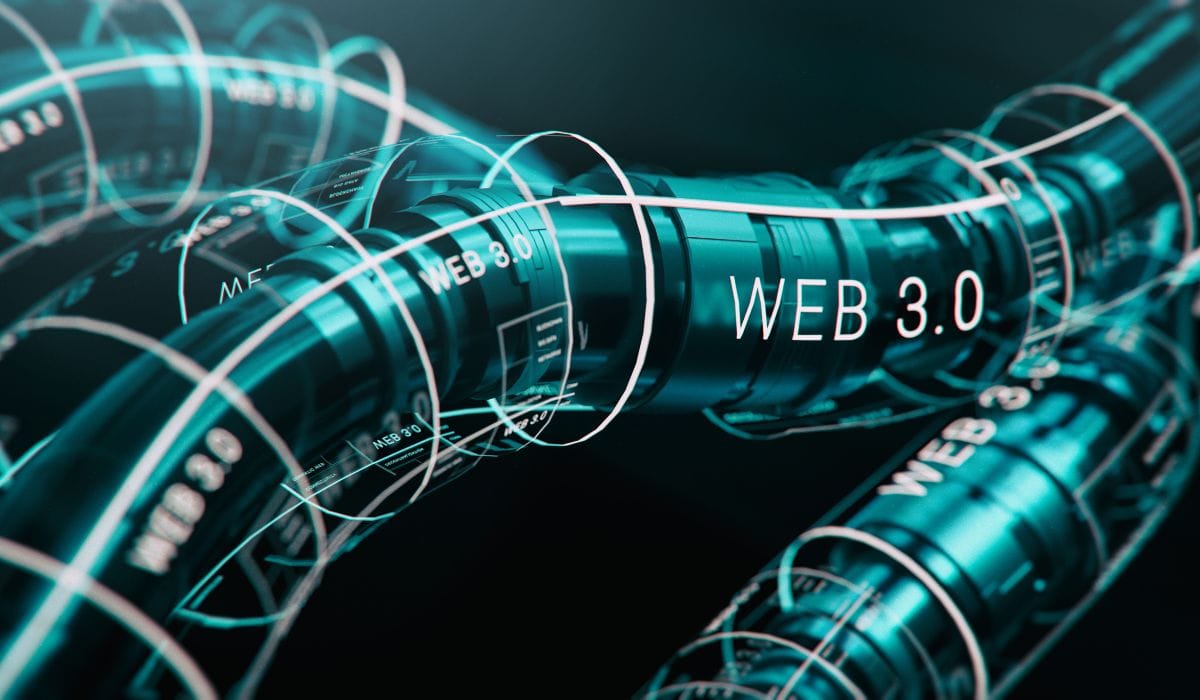
How To Start a Career as a Web 3 Developer
There are several routes to becoming an expert-level Web 3 developer in 2025, which is attainable between 3-12 months, depending on your availability. Below are full details on how to make your way to becoming an expert-level Web 3 developer.
- Getting Certified Through Online Courses: Obtaining certifications in Web 3 development can improve your resume by demonstrating your commitment to learning cutting-edge technology to potential employers.
Certification sets you apart in the competitive and ever-changing field of Web3 development, particularly when combined with a portfolio of real-world projects and contributions to open-source projects.
It shows you are up-to-date on the most recent developments and confidently handle the intricacies of blockchain protocols, smart contracts, and decentralized apps (dApps). - Bagging a Degree: Getting certified through online courses proves your expertise as a Web 3 developer; however, by bagging a degree, you are distinguishing yourself from other learners by acquiring more knowledge on the intricacies of the blockchain ecosystem and Web 3 development.
A degree will greatly benefit your professional development and future success in this field. While a degree alone does not ensure success, enrolling in an undergraduate program helps you focus on distributed systems, blockchain, and cryptography.
Numerous schools and institutions offer graduate and undergraduate programs that complement web3 technology. Alternatively, you might enrol in boot camp or take specialized blockchain and smart contract engineering courses.
Career Opportunities in Web 3 and Web 3 Development
There are numerous career opportunities to start with after getting certified or bagging a degree from a university. These job offers circle around the same fundamentals but can differ from job applications depending on your level of expertise.
- Decentralized App (dApp) Developer: A decentralized app developer's job is to build applications that run on a decentralized network like the Ethereum, Solana, and the recently launched Pi Network.
Becoming skilled in front-end languages such as HTML, CSS, and JavaScript is necessary to work as a decentralized software developer, as they work with technologies like Ethereum, Polkadot, and Hyperledger to create safe, transparent, and unchangeable systems is essential to developing the backbone of the Web3 ecosystem. - Solidity Developers: Solidity is a programming language that is used to create Ethereum blockchain smart contracts. It is essential for Solididty developers to build decentralized apps as they are responsible for creating and implementing tokenomics and smart contracts and adding to the expansion of the Ethereum-based project ecosystem.
- Web Development Consultant: This is similar to an HR consulting role in any company. An individual handling the web development consulting role is responsible for overseeing all blockchain implementations and smart contract architectures of the team.
They can also serve as advisors to local businesses, enlightening them on how blockchain can solve problems and improve transaction processes. However, this role can only be handled by expert-level Web 3 developers. - Blockchain Data Engineer: A blockchain data engineer must have a fundamental understanding of a Data scientist or AI engineer. This role goes hand in hand as only applications and knowledge of the blockchain ecosystem are needed for such a role.
Blockchain data engineers are responsible for any data-related practices; hence, they must be proficient in SQL, Python, NLP, AWS, and other tools that would make them suitable for the role. - NFT Developer: Considering the dominance of meme coins and alternative tokens in the crypto market, the demand for NFT developers has continuously risen by over 50%, with organizations willing to implement NFTs into their businesses as a means of transactions.
- Beta Tester: This is a technical role that doesn’t necessarily require the expertise of a top Web 3 developer. It can be filled by an entry-level developer responsible for giving first-hand details, complaints, and reports about how a new platform or application performs before it gets released to the public.
- Decentralized Application (dApps) Designer: This is basically the role of a UI/UX designer in Web 3 development tasked with the ability to design user interfaces and experiences, ensuring they are fully functional, engaging, and visually appealing.
Latest Trends and Future Updates of Web 3 Development in 2025
Web 3 is no longer in the shadows of Web 2.0 and Web 1.0; therefore, the latest practices and trends suggest businesses' urgent need and adaptability to decentralized transactions on a secure blockchain network.
Below are the latest trends and prospective upgrades in Web 3 development as of 2025.
- Implementation of advanced smart contracts framework: Smart contracts framework is the building block of any blockchain application or website; the integration of artificial intelligence to audit smart contracts detects any anomalies early while auto-generating secure boilerplate code.
A pre-audited framework drastically reduces any vulnerabilities that might lead to terminal issues before or after beta testing; hence common standards like ERC and EIP upgrades are expanded to multi-chain ecosystems. - Multichain Interoperability: Web 3 has evolved from single-chain networks to multichain protocols where diverse blockchain solutions are integrated to boost operations.
Through the help of AI routing protocols, web 3 developers are able to automatically identify a cost-effective and efficient chain for transactions, thereby increasing multi-chain interactions in real-time. - Advanced Integrated Development Environments (IDEs): This gives a surreal metaverse experience that has embedded in it the ability to debug, scan for security checks, and allow multi-chain deployment. Its AI integrations help Web 3 developers write codes and test smart contracts instantly without errors.
- AI-generated Auditing: The future of the blockchain ecosystem is centered around artificial intelligence, and Web 3 development is not left behind.
The most common targets for vulnerabilities are cross-chain bridges, smart contracts, and oracles; hence with AI-generated auditing, there would be little to no need for manual inspections as AI-driven scanning and auditing procedures are already implemented.
It instructs systems to detect anomalies in real time, keeps an eye on vulnerabilities and on-chain activities that preserve protocol integrity, AI models, and automatically suggests fixes for suspicious transaction patterns and code flaws.
Challenges Faced by Web 3 Developers
What a Web 3 developer faces on a daily routine can be relative to each individual however, there are some similar challenges faced by many, one of which is the need for constant learning to stay abreast of new protocols and tools.
Web 3 development is a broad career that demands commitment, time, and tenacity to deal with certain security issues that need careful code audits and other smart contract vulnerabilities.
Hence, in a constantly changing environment, these difficulties call for a blend of technical expertise, flexibility, and vision that would enable a Web 3 developer to thrive in the long term.
Bottom Line
What is a Web3 developer like in 2025 can be a lot to take in especially for beginners trying to look for tech skills that can stand the test of time. In Web 3, most of the AI implementations and tools are still being worked upon; however, being a Web 3 developer is a gold mine now is definitely worth the hassle.
Frequently Asked Questions
How Long Can It Take A Beginner to Learn Web 3 Development?
It takes a minimum of 1 year for a beginner to learn the intricacies of Web 3 development, irrespective of proficiency in programming languages like Python and R.
Can I Attend Only BootCamps to Become a Web 3 Developer?
No, attending bootcamp alone is not sufficient to become a full-blown Web 3 developer; instead, enrolling in a university or online course provides you with the necessary expertise to become one.
Do I have to Learn All Programming Languages?
No, learning all programming languages is not required to be a Web 3 developer; however, proficiency in Solidity, Python, and JavaScript are basic fundamentals.
